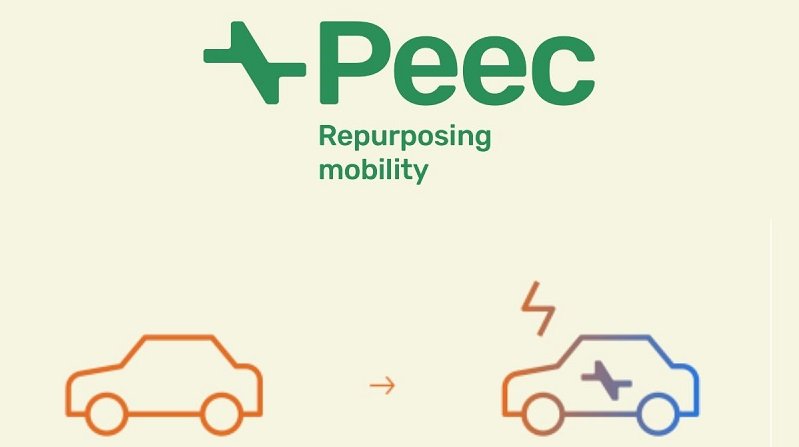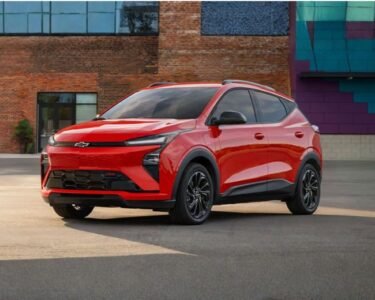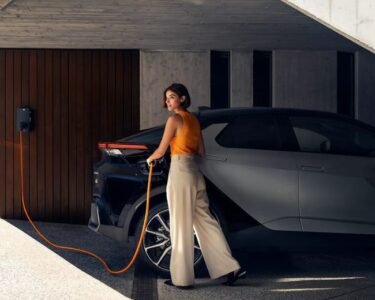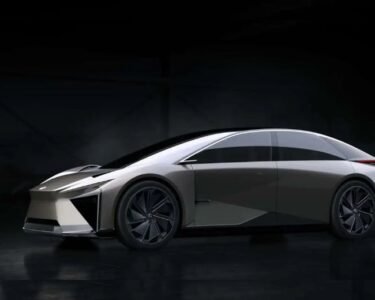Peec Mobility, a forward-thinking startup based in Dubai and founded by 24-year-old entrepreneur Zach Faizal, is set to introduce the UAE’s first locally developed petrol-to-electric repurposed vehicle at the upcoming COP28 climate summit. This pioneering development holds potential to drastically reduce carbon emissions by transforming retired petrol vehicles into electric vehicles (EVs), offering a more sustainable and cost-effective alternative to traditional scrapping and manufacturing.
Founded in 2022, Peec Mobility aims to breathe new life into internal combustion engine (ICE) vehicles that would otherwise be retired, including buses, cars, and trucks on UAE roads. According to Faizal, this innovative repurposing model is 30% cheaper and 80% faster than creating new electric vehicles, making it a practical approach to sustainable transportation. Faizal, a UAE native, conceived this approach during his studies in the UK, with a goal to expand the lifespan of existing vehicles and support the UAE’s Net Zero ambitions.
Key Features of Peec Mobility’s Repurposed Vehicles
The vehicles from Peec Mobility come with more than just a fresh electric engine. The revamped sedans and buses sport a modern look, with smart paint finishes, Flyknit-style upholstery, and cutting-edge home-designed electric powertrains. The stylish and functional upgrades, combined with significant environmental benefits, reflect Peec Mobility’s mission to make sustainable transportation accessible and appealing.
A Bold Vision for the UAE’s Net Zero Goals
Peec Mobility’s efforts align with the UAE’s ambitious sustainability targets. Faizal envisions a national policy to repurpose 5% of the UAE’s vehicles each year over the next seven years, which could reduce emissions in the transportation sector by 23% by 2030. To kickstart this movement, Peec Mobility plans to have at least 500 repurposed EVs on Dubai roads by 2024.
By working with government bodies and local partners, Peec Mobility intends to scale vehicle conversion and expand sustainable transportation infrastructure. The goal is to address the ecological impact of transportation without relying solely on the manufacturing of new electric vehicles, which can be resource-intensive.
Setting Up a Local ReFactory to Transform the Industry
To support the transition, Peec Mobility plans to establish a ReFactory in Dubai International City in 2025. This facility will be a first-of-its-kind center dedicated to refurbishing petrol vehicles into electric ones, supporting the UAE’s emerging automotive ecosystem. The ReFactory is expected to become a local hub for EV conversions and an essential component of the broader vision to build an automotive supply chain within the UAE.
Faizal’s strategy prioritizes developing the necessary charging infrastructure through 2030, ensuring a seamless transition to greener transportation. By focusing initially on EV infrastructure, Faizal aims to set the stage for future heavy manufacturing plants and gigafactories that will contribute to the local economy and create jobs.
Advocating for a Pragmatic Net Zero Transition
Faizal champions a realistic approach to achieving Net Zero, highlighting the benefits of converting existing vehicles rather than producing new ones. By breathing new life into ICE vehicles, Peec Mobility promotes a circular economy model within the automotive sector, emphasizing that sustainability doesn’t always require a fresh start but can be achieved by creatively reimagining what already exists.
As COP28 approaches, Peec Mobility’s debut of its petrol-to-electric repurposed vehicle will likely turn heads and spark dialogue on innovative pathways to sustainability. By presenting a solution that’s both practical and scalable, Faizal and Peec Mobility offer a model of sustainability that balances environmental impact with economic viability, paving the way for a greener future in the UAE and beyond.






